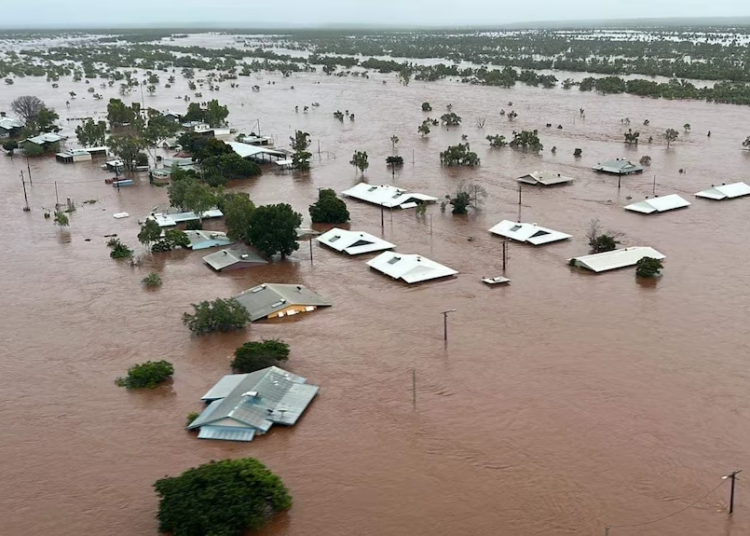Nigeria has unfortunately become accustomed to flooding disasters in recent times, and it appears that another one may be on the horizon. The National Emergency Management Agency (NEMA) has again warned Nigerians to expect severe flooding this year.
During a two-day Experts’ Technical Meeting on 2023 Climate-Related Disaster Preparedness and Mitigation Strategies in Abuja, NEMA’s director-general, Mustapha Ahmed, revealed that there had been seasonal climate predictions and annual flood outlooks by the Nigerian Meteorological Agency (NiMet) and the Nigeria Hydrological Services Agency (NIHSA).
He cited last year’s devastating flood disaster as an eye-opener for NEMA and warned that the agency would disseminate early warning messages and signals to states, local government areas, and the Federal Capital Territory (FCT).
In the considered opinion of this newspaper, this news is particularly distressing for most Nigerians as many states are yet to recover from the devastating floods of last year, which were some of the worst in recent years. Last year’s floods claimed at least 603 lives and displaced 1.3 million people from their communities across 31 states, including Kogi, Anambra, Kebbi, Delta, Bayelsa, and Jigawa.
The affected population suffered immensely, with the minister of Humanitarian Affairs, Disaster Management and Social Development, Sadiya Umar Farouq, disclosing that about 82,053 houses were completely destroyed, 2,504,095 million people affected and 332,327 hectares of land damaged.
In our view, it is imperative that the government takes proactive measures to reduce the impact of flooding and protect Nigerian citizens. Preventive measures should be implemented to minimize the likelihood of flooding, such as enforcing building codes that ensure structures are erected on elevated land and not in flood-prone areas.
Both the federal and state governments should also ensure that drainage systems are very well-maintained and free from debris to prevent blockages that can cause flooding.
The relevant ministry and agencies must be prepared to respond quickly and effectively if flooding occurs in any state. This requires having an emergency response plan in place with well-defined roles and responsibilities for all relevant government agencies. Adequate resources should also be in place to provide immediate relief to affected communities, such as food, water, and shelter.
The brickbat between the federal government and Bayelsa during last year’s floods should not be repeated. The federal and state governments should show leadership and lead from the front.
The government must engage in a comprehensive public awareness campaign to educate citizens on how to prepare for and respond to flooding. These include informing citizens about the risks of flooding, how to evacuate safely, and how to protect their homes and businesses. By educating citizens, the government can help to minimize the loss of life and property during a flooding incidence.
The government must invest in long-term solutions to address the root causes of flooding in Nigeria. This includes investing in infrastructure such as dams, embankments, and flood walls to prevent flooding in the first place. Sustainable land use practices that minimise the risk of flooding, such as planting trees to reduce soil erosion, must also be prioritised.
Consequently, there is a need to revive the River Basin Authorities. States should stick to the master plan of development, and houses on drainage channels should be demolished. Building and planning agencies should be alive to their responsibilities.
Also, Rivers Niger and Benue need to be dredged continuously while state governments should build more drainages to channel water in the event of excessive rainfall.
Nigeria needs to break the cycle of flooding disasters every year.
Therefore, the warning of impending flooding in Nigeria should be a wake-up call to the government to take action. By taking preventive measures, being prepared to respond to flooding events, educating citizens, and investing in long-term solutions, the government can minimise the effects of flooding and protect Nigerian citizens. It is crucial that the government acts now before it is too late.
At the personal level, residents in flood prone areas need to respond promptly to advisory from the authorities and save both their lives and property by moving to safe areas until the danger is over. In this way, the huge human toll of the last flood disaster will be averted.
We’ve got the edge. Get real-time reports, breaking scoops, and exclusive angles delivered straight to your phone. Don’t settle for stale news. Join LEADERSHIP NEWS on WhatsApp for 24/7 updates →
Join Our WhatsApp Channel










